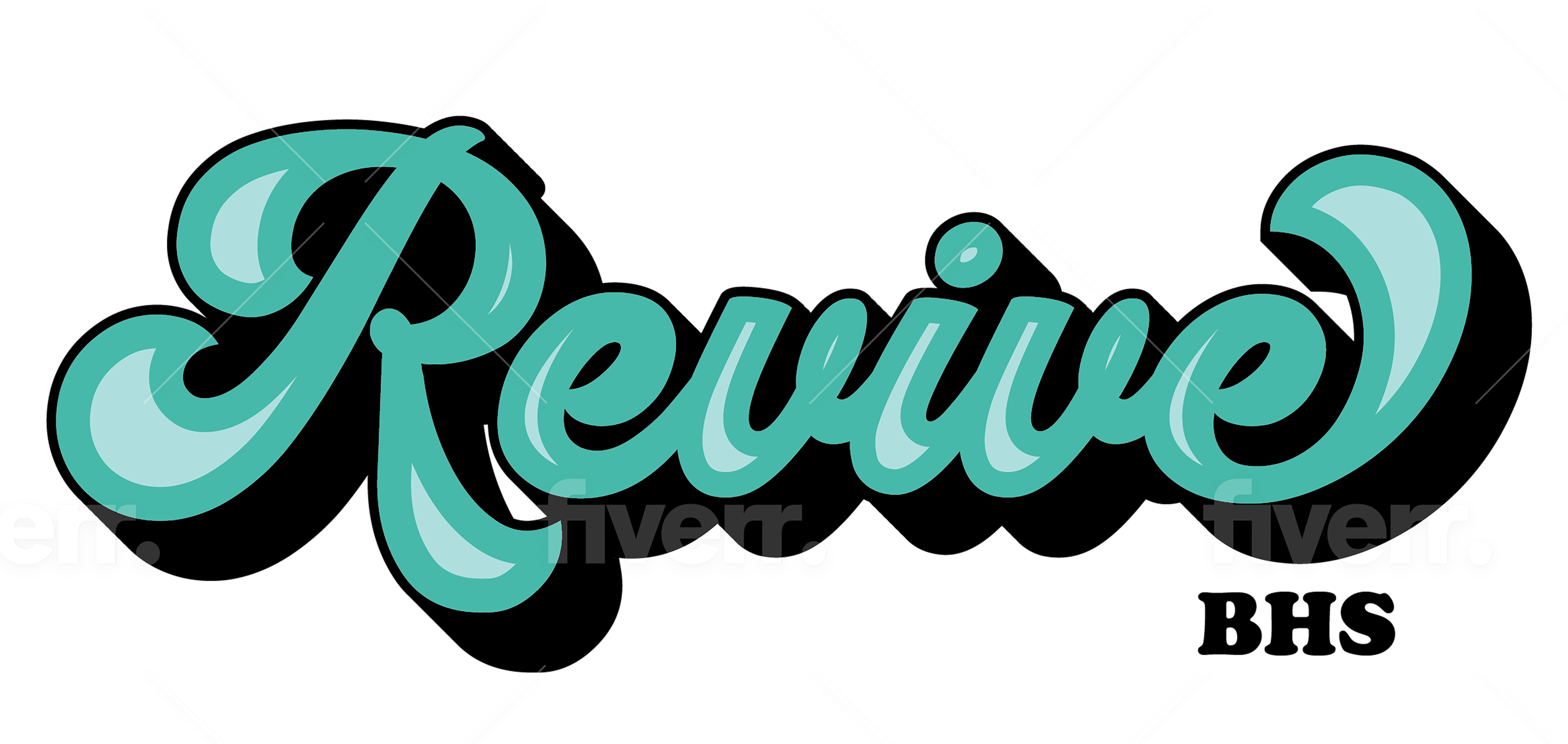Introduction
As behavioral health programs in Maryland face heightened scrutiny through increased audits by Optum Maryland Medicaid and the Maryland Behavioral Health Administration (BHA), providers must ensure readiness and compliance. These behavioral health audits delve into various facets, including clinical documentation, treatment plans, staff credentials, counselor supervision, accuracy of intake paperwork, and the management of employee files. To guide behavioral health programs through these audits successfully, we present an in-depth guide with actionable steps.
1. Understanding Behavioral Health Audit Criteria
- Familiarize with Specific Criteria: First, providers must acquaint themselves with the detailed audit criteria set by Optum Maryland Medicaid and the BHA. This includes clinical documentation, client files, intake paperwork, employee files, policies and procedures, and more.
- Thorough Examination: Conduct a comprehensive review of clinical documentation, treatment plans, staff credentials, counselor supervision, intake paperwork, and employee files to identify potential areas of concern proactively.
2. Ensure Comprehensive Clinical Documentation
- Maintain Accuracy: Providers should maintain comprehensive and accurate clinical documentation for all billed services, adhering to industry standards. Document everything and include CPT codes, durations and signatures for all notes.
- Detailed Documentation: Ensure that progress notes, assessments, and relevant documentation effectively support the services provided. Auditors review the notes to ensure they’re individualized and aren’t just copied and pasted.
3. Develop and Implement Effective Treatment Plans
- Prioritize Clarity and Measurability: Focus on developing clear, measurable treatment plans that are tailored to each client’s individual needs. Share the treatment plans with your clients, as well.
- Regular Updates: Treatment plans should be regularly updated to reflect the client’s progress and evolving needs. Each level of care should have a set timeline for when treatment plans should be updated.
Verify Staff Credentials
- Regular Updates: Providers must regularly update and maintain accurate records of staff licenses, certifications, and qualifications.
- Appropriate Credentials: Ensure that staff possesses the appropriate credentials for their roles within the behavioral health program. Remember that ADT, CSC-AD and CAC-AD professionals can only provide SUD services, not Mental Health services.
Adequate Supervision of Counselors
- Establish Clear Protocols: Set clear supervision protocols for counselors, outlining expectations and responsibilities. ADT, CSC-AD and CAC-AD professionals need to have supervision from a Board of Professional Counselor approved supervisor. LMSW, LGPC and LGADC professionals also need supervision from a board-approved supervisor.
- Document Progress: Document supervision sessions and maintain records of counselor development and progress to demonstrate compliance during behavioral health audits.
Conduct Internal Audits
- Proactive Identification: Conduct regular internal audits to proactively identify and address potential issues before external audits occur.
- Comprehensive Review: Regularly review clinical documentation, treatment plans, staff credentials, counselor supervision, intake paperwork, and employee files to maintain high compliance levels.
- Work with professionals – Revive BHS currently conducts audits for behavioral health programs to help ensure they are prepared for any upcoming or future audits with regulatory bodies. Our team does these annually or quarterly. Additionally, our company also offers ongoing compliance support.
Emphasize Correct Intake Paperwork
- Establish Standardized Intake Process: Develop a standardized intake process covering personal information, insurance details, contact information, medical history, consent forms, and cultural considerations. Confirm with the accrediting body, Optum Maryland Medicaid and the BHA for intake paperwork criteria.
- Accuracy Checks: Collect comprehensive details, double-checking accuracy to avoid errors in personal information and insurance details.
- Consent Forms: Clearly outline and obtain consent from patients for treatment and disclosure of information, ensuring proper documentation and storage.
- Cultural Considerations: Acknowledge and address cultural and linguistic considerations in intake paperwork to provide individualized care effectively.
Keep Accurate Employee Files
- Organized Documentation: Maintain organized and up-to-date employee files, including documentation of qualifications, training, background checks and certifications.
- Background Checks: All employees must complete a background check at time of hire. Also, there needs to be a policy related to background checks for employees.
- Compliance Checks: Regularly review employee files to ensure compliance with licensing and certification requirements.
- Training Records: Document and update training records for staff to demonstrate ongoing professional development and compliance.
Policies and Procedures
- Documented Policies: Maintain comprehensive policies and procedures covering all aspects of behavioral health services, staff conduct, and client interactions. There are requirements through the accrediting board, as well as BHA.
- Regular Updates: Periodically review and update policies and procedures to align with current regulations and best practices. Also, review and updated your policies and procedures at least annually.
- Staff Training: Ensure that staff is well-informed about and trained on the latest policies and procedures relevant to their roles.
- Documentation of Compliance: Document adherence to policies and procedures, demonstrating a commitment to maintaining high standards of care.
Conclusion for Behavioral Health Audits
In conclusion, by delving into these detailed steps, behavioral health programs can not only meet audit requirements but also establish a foundation for high-quality, individualized patient care. Regularly reviewing and adapting these procedures will help programs stay compliant and resilient in the face of evolving regulations. Above all, doing this will ensure you’re operating a well-run company that will be set up for success. And remember, Revive BHS is here to help with audits, compliance and more!
